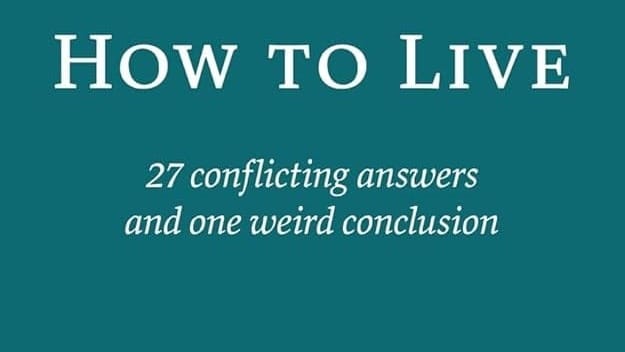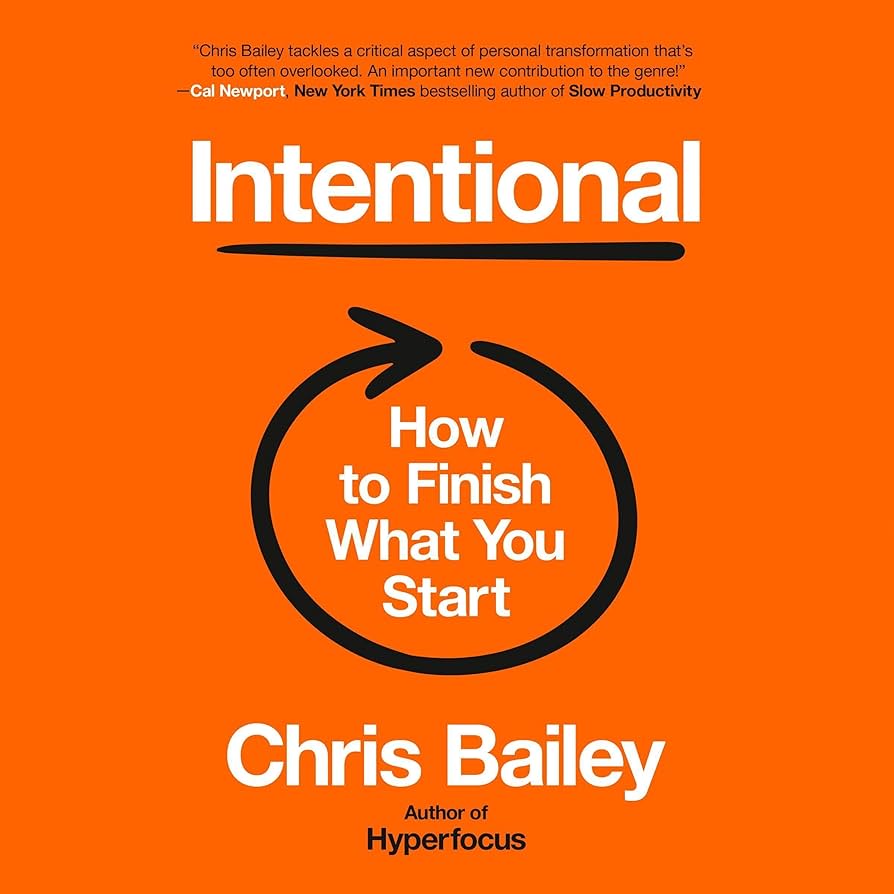"If it's not requiring her to sin but simply hurting her, then I think she endures verbal abuse for a season, and she endures perhaps being smacked one night, and then she seeks help from the church."
That's John Piper in 2009, responding to a question about how an abused wife should submit to her husband. He delivered this counsel with what critics noted was an inappropriate chuckle.
Or consider this advice from John MacArthur to abuse victims: "Of course, pray for your husband, submit to him in every way you can, encourage him to seek advice and counsel from other biblically-knowledgeable men—and do everything you can to heal the problems that cause him to be angry or abusive."
When confronted with passages like Matthew 5:39 ("If anyone strikes you on the right cheek, turn the other also") and 1 Corinthians 6:7 ("Why not rather be wronged? Why not rather be defrauded?"), many of us have an honest reaction: What the hell do we do with these passages?
If a pastor, counselor, or well-meaning church member has ever used these verses to tell you that being a good Christian means staying in an abusive relationship, or that questioning harmful treatment makes you "unforgiving" or "bitter"—they were wrong. Not just pastorally insensitive. Theologically wrong.
The passages about turning the other cheek and allowing ourselves to be wronged have been so twisted by bad theology that many people assume Jesus calls us to be doormats. But when we actually examine what Jesus and Paul are saying in Matthew 5 and 1 Corinthians 6, the theology points toward liberation, not submission to abuse.
These aren't abstract theological questions. MacArthur excommunicated a woman named Eileen Gray for separating from her abusive husband, stating her sin was deciding "to separate from Mr Gray against all the instruction and counsel of the elders." David Gray was later convicted of aggravated child molestation and child abuse, receiving 21 years to life in prison.
Let's dig into what these texts actually say—and what they don't.
God's Perfection: The Radical Heart of Enemy Love
Jesus gives us one of his most challenging commands in Matthew 5:48: "Be perfect, therefore, as your heavenly Father is perfect."
Most of us read "perfect" and immediately think about moral flawlessness or behavioral compliance. But Jesus just spent several verses explaining exactly what kind of perfection he's talking about.
Look at verse 45: God "makes his sun rise on the evil and on the good and sends rain on the righteous and on the unrighteous." God's perfection isn't moral superiority—it's indiscriminate love. Perfect love that extends even to enemies.
This should fundamentally shift how we read every passage in the Hebrew Bible that talks about divine wrath or God hurting people. If Jesus is our primary interpreter of scripture—and he should be—then passages that make God wrathful usually misunderstand what's happening. The Hebrew Bible readers often understood God's wrath as good news because it meant God was stopping injustice. But Jesus reveals a God who doesn't overcome evil through violence, but through the kind of love that transforms enemies into friends.
Divine "wrath" is what happens when evil systems collapse under their own weight. God's judgment works more like aikido—redirecting harmful energy back on itself until it destroys its own foundation. God allows injustice to eat itself alive while consistently extending the invitation to something better.
The Subversive Art of Turning the Other Cheek
Which brings us to Jesus's famous instruction about turning the other cheek. We need to get really specific about what Jesus is describing here, because context changes everything.
A right-handed person striking someone on their right cheek would have to use the back of their hand—a gesture of contempt, not combat. In first-century Palestine, this was how a Roman soldier or wealthy landowner would put a Jewish peasant "in their place." The slap wasn't meant to start a fight; it was meant to end one before it began, asserting dominance and expecting submission.
Jesus says to turn the other cheek. Now the striker would have to use their palm—treating you as an equal worthy of a real fight, not just contemptuous dismissal. As Melissa Flora Bixler puts it in How to Have an Enemy, "The world of the aggressor is questioned because the person who is supposed to take no initiative suddenly does."
(See also this talk from Walter Wink)
The gesture becomes active resistance that refuses to accept dehumanization while also refusing to perpetuate cycles of violence. It's saying: "I won't let you treat me as less than human, but I also won't become what you are."
When Paul Draws Lines
Reading 1 Corinthians 6 in context is crucial. Paul asks the Corinthians, who are engaged with lawsuits with each other, "Why not rather be wronged? Why not rather be defrauded?"
But keep in mind that this comes right after 1 Corinthians 5, where Paul absolutely does not tell the church to just accept wrong.
In chapter 5, Paul encounters a man who is "sleeping with his father's wife"—almost certainly a case of sexual abuse, likely rape of a stepmother. Paul doesn't say, "Well, we should just forgive and allow ourselves to be wronged." He says the man should be removed from the community until he repents.
Paul draws a clear line: accepting wrong in civil disputes among believers is one thing. Enabling sexual abuse is entirely another. The call to "rather be wronged" applies to situations where we have genuine choice and agency, not where coercion and abuse are present.
The context matters even more when we remember that Acts 2 describes the early church as having "everything in common"—sharing resources and rejecting individual claims of ownership. Paul's instruction about lawsuits assumes believers who should be already participating in this alternative economy, where claims of "MINE" undermine the communal life the church was meant to embody. Civil disputes over property become less significant when the community is already practicing radical economic sharing. But this framework makes abuse even more inexcusable—violence and coercion have no place in a community built on mutual care and shared resources.
This distinction is crucial because it reveals that biblical enemy love is never about enabling greater harm. The most loving thing we can do for our enemies is stop them from continuing to do evil—both for the sake of their victims and for their own souls.
A Theological Framework for Discernment
So how do we know when to "turn the other cheek" and when to draw firm boundaries? Here are five theological criteria for discernment:
1. Do I have genuine agency here? Jesus chose the cross; it wasn't forced on him. Throughout the Gospels, Jesus repeatedly avoided death when it wasn't the right time—slipping away from crowds trying to stone him, avoiding Herod's threats, and telling his disciples "my hour has not yet come." His final surrender was deliberate, not coerced. If you're being coerced, that's not the kind of self-sacrifice Jesus models. Volition is the difference between martyrdom and victimization.
2. Does accepting this wrong protect someone more vulnerable? Sometimes absorbing harm breaks a cycle that would otherwise continue. But if our acceptance enables abusers to harm others—especially children or those with less power—we have a moral obligation to resist.
3. Will my acceptance break a harmful pattern or perpetuate it? This is often the hardest question because it requires situational and contextual wisdom. But accepting wrong that only emboldens further wrong is not what Jesus has in mind.
4. Am I making this choice in community? Isolated decisions about accepting harm are dangerous. We need others who can help us see clearly when we're being manipulated or when our choice to absorb wrong is actually serving liberation.
5. Does this serve the kingdom or just maintain the status quo? Jesus's enemy love is always in service of God's justice breaking into the world. If our "turning the other cheek" just keeps oppressive systems running smoothly, we've missed the point.
Reclaiming the Radical Edge
Those who've weaponized these passages have it backwards: Jesus's teaching on enemy love is intended to pose far more threat to systems of oppression than it does to victims of abuse.
When Jesus calls us to love our enemies, he's not asking victims to coddle their abusers. He's calling all of us to embody the kind of God-perfection that refuses to write anyone off as irredeemable while simultaneously refusing to enable harm. The most loving thing we can do for our enemies is ensure they can't keep destroying themselves and others through their evil choices.
The God revealed in Jesus doesn't hurt people to teach them lessons. God loves enemies enough to keep extending invitations to repentance and transformation, and loves victims enough to provide refuge from harm.
If someone has used these passages to keep you trapped, to silence your voice, or to normalize abuse—it's simply not faithful biblical interpretation. It's theological malpractice. Jesus came to set captives free, not to provide better cages.
The turn-the-other-cheek, love-your-enemies Jesus is the same Jesus who overturned tables in the temple and called religious leaders "whitewashed tombs." His love for enemies never came at the expense of protecting the vulnerable. And neither should ours.
You have permission to leave. You have permission to set boundaries. You have permission to call harmful behavior what it is. And you have permission to trust that the God revealed in Jesus is not asking you to remain in situations where you cannot say no.







Discussion